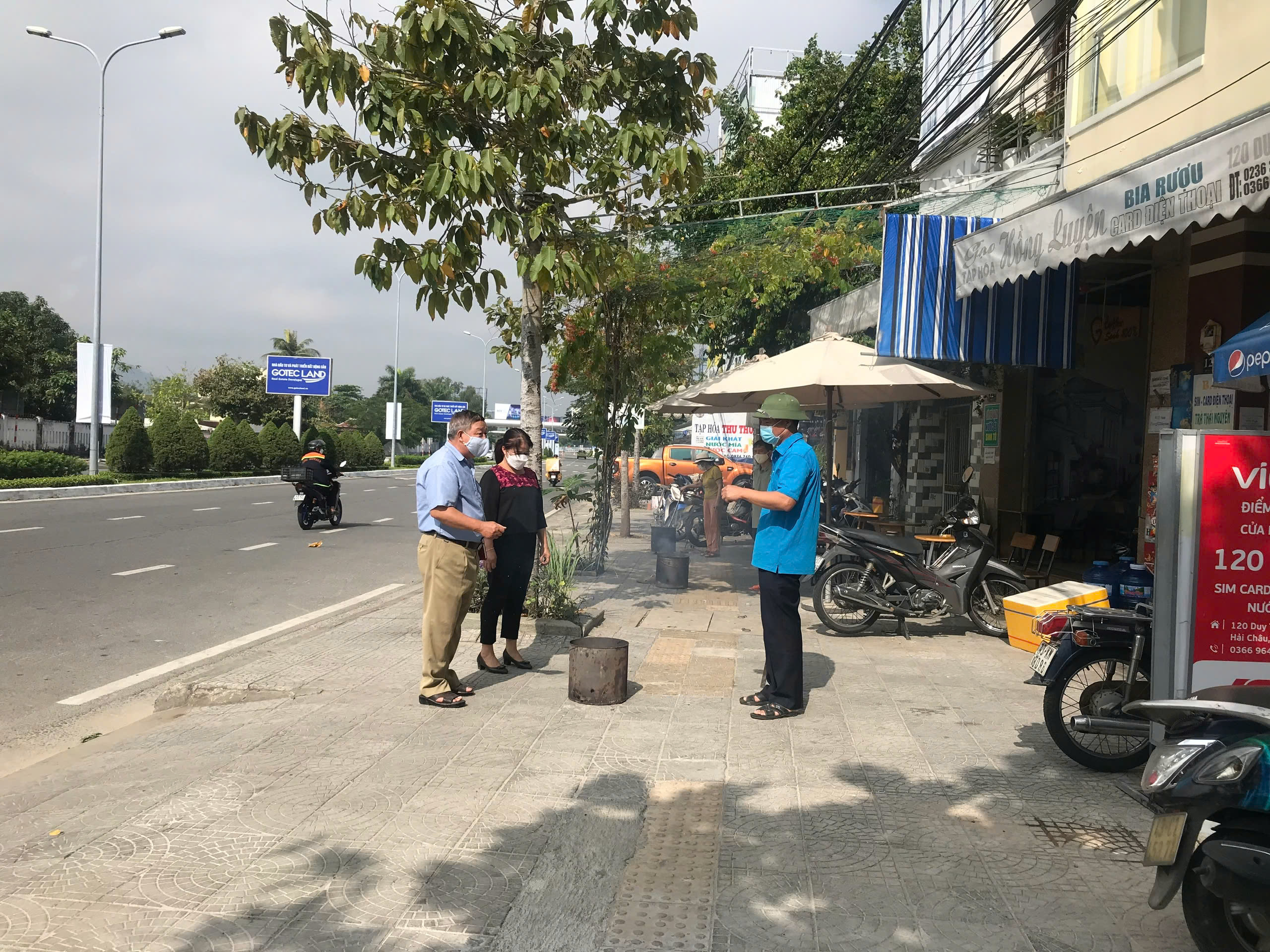 |
| Officers of the front work committee of Hoa Thuan Tay Ward (Hai Chau District) went to propagate and encourage people to limit the burning of votive paper. Photo: HIEN LUONG |
In 2018, residential area No. 9 (Hoa Thuan Tay ward, Hai Chau district) was the first place to initiate the model of "Say no to burning votive paper", a practice that still exists quite commonly in people's spiritual life.
Realizing that this is a sensitive issue, the residential area party cell, the neighborhood group and the Front Working Committee coordinated to mobilize each household and each party member, and to propagate gently but persistently to gradually change habits. After two years of implementation, the model has recorded clear results. In 2020, the leaders of Hoa Thuan Tay ward decided to expand the model with a roadmap to expand 5 residential areas each year. To date, 18/46 residential areas have applied it, and it is expected that by the end of 2025, this number will increase to 25.
Ms. Nguyen Thi Kieu Linh, Chairwoman of the Vietnam Fatherland Front Committee of Hoa Thuan Tay Ward, shared: “At first, some households were still hesitant, but when they saw the clear benefits: environmental protection, fire prevention, and cost savings, they gradually understood and agreed. Although they could not completely stop burning votive paper, many families followed the instructions: burning in closed containers, not spreading rice and salt on the street, reducing the quantity and frequency on important holidays.”
According to Ms. Linh, the model not only affects residential areas in the replication process but also spreads to other areas thanks to the effect from the community. Currently, many Party cells have included this content in their resolutions for more drastic implementation. Some other wards such as Phuoc Ninh, Thach Thang (Hai Chau district) or Thac Gian, Chinh Gian (Thanh Khe district) are also implementing this model, but the response rate is not high.
The Vietnam Fatherland Front Committee of Hai Chau District plans to replicate the model throughout the area in the near future, considering this a specific direction in building a civilized and cultural urban lifestyle. Not only stopping at changing consumer habits, many residential areas also implement community-based models such as cleaning, raising scholarship funds, supporting the disadvantaged, contributing to strengthening the spirit of national solidarity.
In residential area 13 (Hai Chau ward, Hai Chau district), for nearly 10 years, the model of "Green - clean - beautiful road" has been maintained regularly. Every month, members of the environmental club coordinate with organizations and more than 110 households to organize two environmental sanitation campaigns. Not only cleaning alleys and taking care of trees, the residential area also organizes cultural activities and awards excellent students with a total budget of more than 30 million VND per year thanks to voluntary contributions from the people.
Another humane model that is being widely spread is the “Piggy Bank Scholarship Program” of Trung Tam 2 residential area, Hai Chau ward. Launched in September 2024, the model has received positive responses from households and benefactors. On the occasion of the 50th anniversary of the liberation of Da Nang city, the Residential Front Committee awarded 5 scholarships to poor students who have overcome difficulties. It is expected that on the National Great Unity Day (November 18) this year, the number of scholarships will increase to 10.
Mr. Nguyen Quoc Danh, Head of the Trung Tam 2 Residential Area Front Committee, affirmed: “It is the community spirit, transparency and the goal of serving the children’s future that has made the model spread strongly. Each person contributes a little but creates a large resource. This is not only a charitable activity, but also a way for us to strengthen solidarity and sharing between generations in the residential area.”
Similarly, the model of collecting recycled waste to raise funds to support the disadvantaged, give scholarships, and give Tet gifts to poor households is being widely deployed from neighborhoods to villages and communes throughout the city. By sorting waste and reusing materials, it not only protects the environment but also helps the community have more funds for social activities.
The common point of these models is that they originate from reality, are proposed, implemented and enjoyed by the people themselves. When the Front work is deployed closely to residential areas, consensus, responsibility and self-awareness among the people are clearly aroused. From not burning votive paper, keeping the streets clean, to raising piggy banks, collecting recyclable waste, all are small actions, but when implemented synchronously and persistently, they contribute to creating great changes in cultural lifestyle and solidarity in the community.
KINDNESS
Source: https://baodanang.vn/kinhte/202504/lan-toa-loi-song-van-hoa-van-minh-tu-nhung-mo-hinh-hay-4005946/


![[Photo] Journalists moved to tears at the Memorial Service for the soldiers who died in Gac Ma](https://vphoto.vietnam.vn/thumb/1200x675/vietnam/resource/IMAGE/2025/5/30/9454613a55c54c16bf8c0efa51883456)
![[Photo] General Secretary To Lam receives Chief of the Central Office of the Lao People's Revolutionary Party](https://vphoto.vietnam.vn/thumb/1200x675/vietnam/resource/IMAGE/2025/5/30/140435f4b39d4599a3d17975dfb444c5)
![[Photo] A delegation of 100 journalists from the Vietnam Journalists Association visits the soldiers and people of Truong Sa island district.](https://vphoto.vietnam.vn/thumb/1200x675/vietnam/resource/IMAGE/2025/5/30/0984a986227d4e988177f560d2e1563e)

![[Photo] National Conference "100 years of Vietnamese Revolutionary Press accompanying the glorious cause of the Party and the nation"](https://vphoto.vietnam.vn/thumb/1200x675/vietnam/resource/IMAGE/2025/5/30/1cf6cd5c8a934ebfa347028dcb08358c)



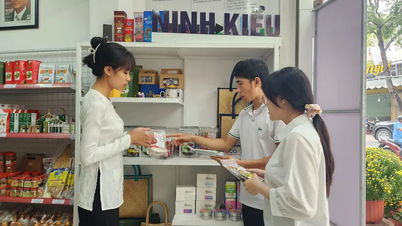




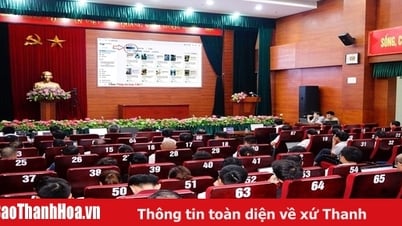





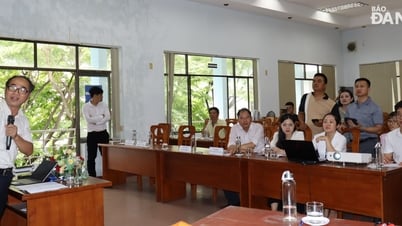


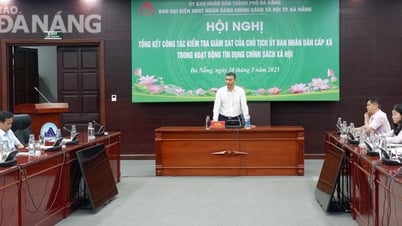
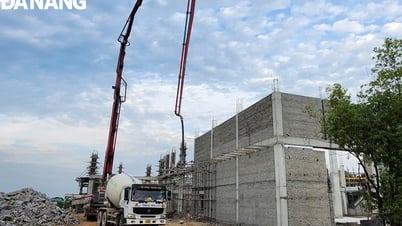
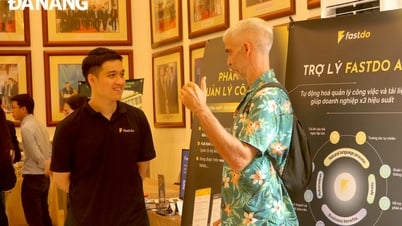



































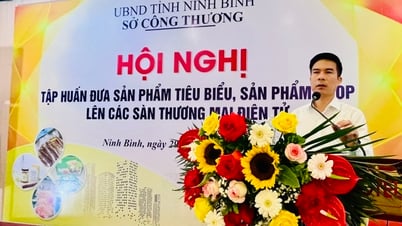

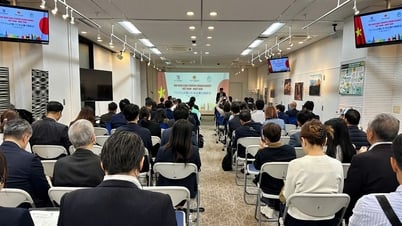



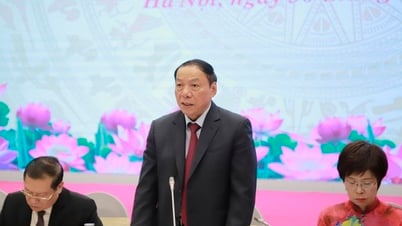



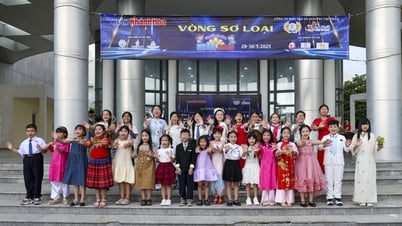

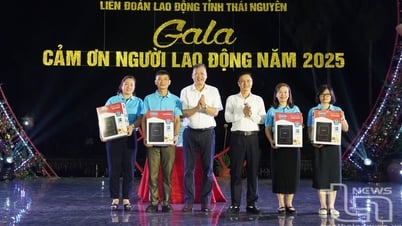

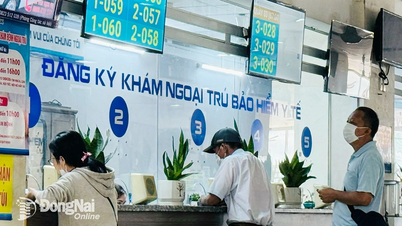














Comment (0)